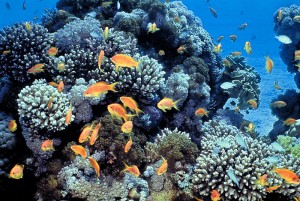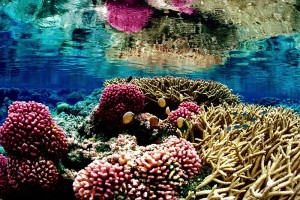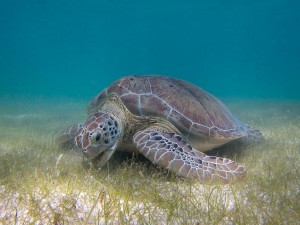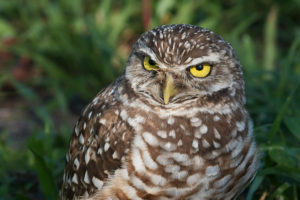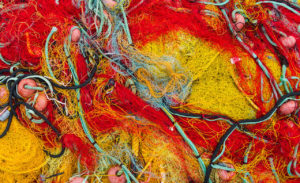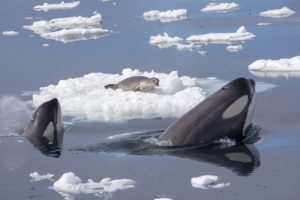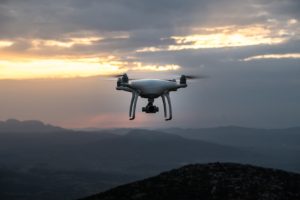Coral Reefs Devastated by Loss of Predators and Climate Change
Scientists are warning that coral reefs in the Aleutian Islands’ kelp forests are on the verge of collapse. This is due to climate change exacerbating the impact of sea urchins, and the loss of the urchins’ natural predator, the sea otter.

